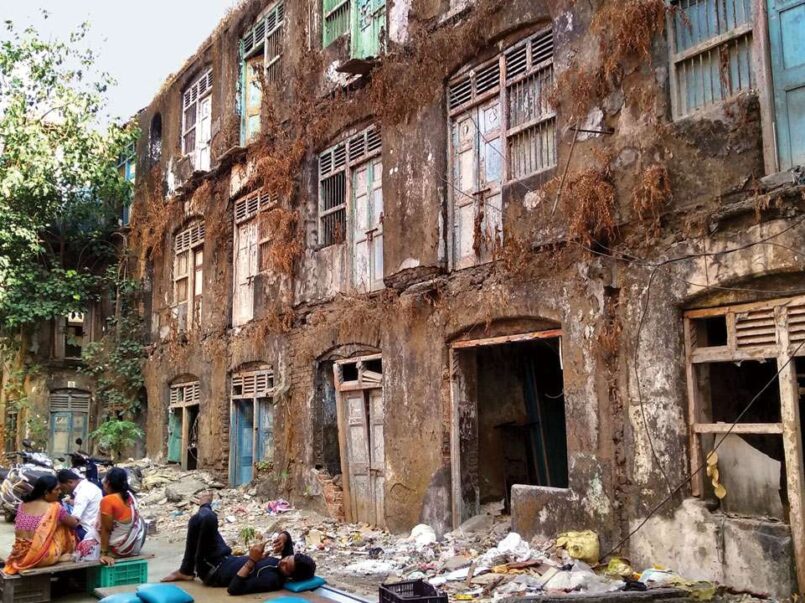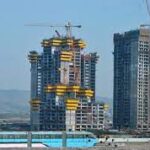Mumbai being the commercial capital of the country and the home for the Bollywood, Media and Shipping industries among others has been the metropolis that always attracts a huge influx of people from all over the country and from overseas too. This is also the reason that it is bursting at its seams being constrained for space by the sea, creeks and satellite cities. Developers are finding it more and more difficult to find open space for construction activities. With high prices that show no sign of dipping, recycling of existing land is all that Mumbai has. With large portions of lands being encroached upon by slums and with attractive schemes offered by the government for their development slum redevelopment has starting to take off in big way as developers are unable to find clear spaces for construction. Also redevelopment of existing old housing complexes are attractive options.
But there are many old societies who cannot avail of the benefits of redevelopment due to various reasons like lack of clear title to land, over use of FSI, existing small areas which are not attractive to developers, high govt premiums, etc. Keeping this in mind the previous govt came up with a provision of Cluster Redevelopment in DP 2032 for the city offering a FSI upto 4. Many societies for whom redevelopment was unviable, this has come as a ray of hope and can now come together and take advantage of the Cluster Redevelopment scheme to redevelop their dilapidated buildings. However there is a flip side to this massive FSI dole out.
An impact study, following a high court directive, that was done by NEERI has cautioned that the ‘livability’ of Mumbai would be jeopardised if such a high FSI was sanctioned as the city infrastructure will not be able to bear the brunt of increased human density on the same plot size of land. The additional FSI and the mode of its application mean that the areas will increase in density by three times at least. It is not clear if in clusters, the infrastructure to bear the additional population would be laid first. Given the city’s planning and management, it can be taken as a given that the supply of infrastructure would arrive, if it did, at a pace that means nothing to the residents of the redeveloped areas. Yet the Real Estate Lobby continues to push for more FSI.


